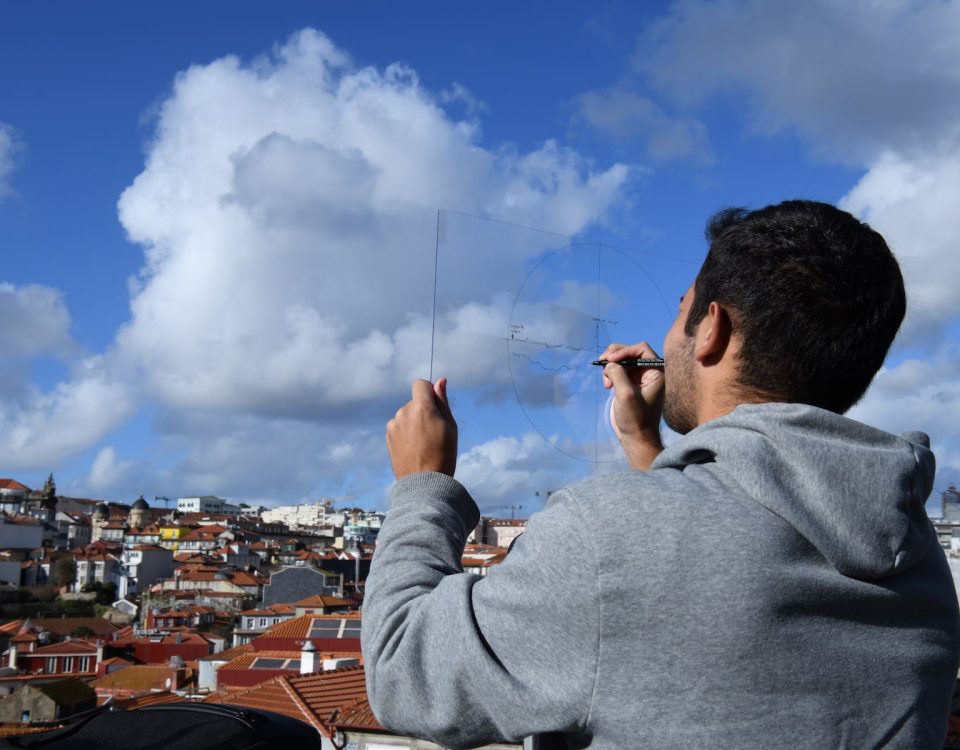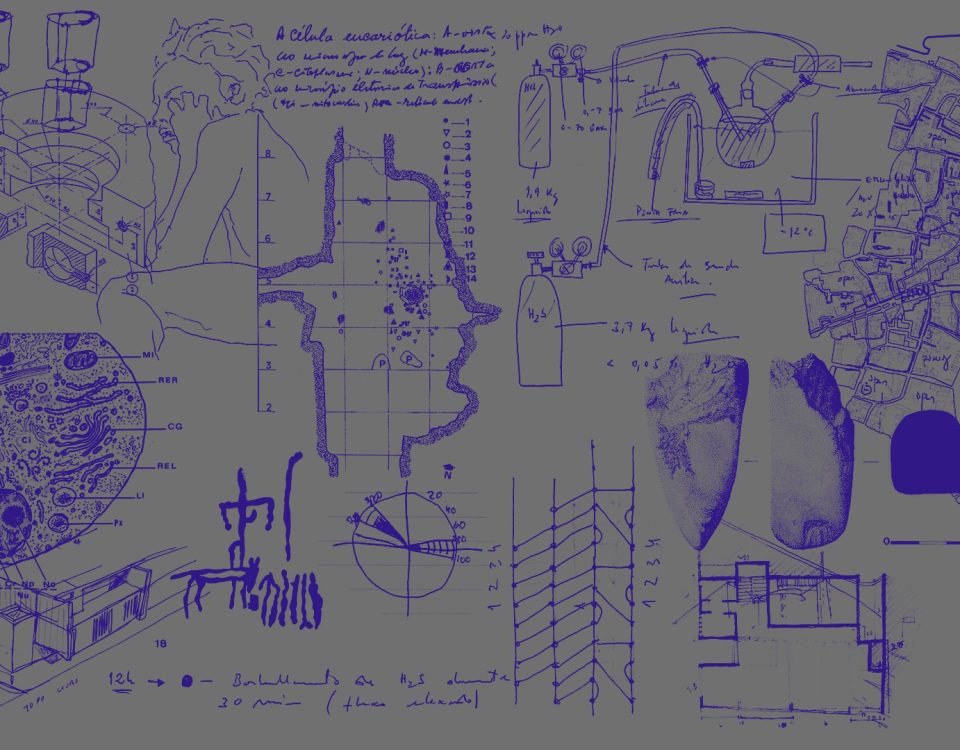Abstract
In sports, as in other areas of Higher Education, drawing activities are rarely seen as a teaching and research method capable of producing knowledge, sustaining arguments or addressing theoretical content. And yet, visualization methods such as time-motion analysis, motion capture or performance analysis rely on visual-spatial content that we appre- hend as a drawing skill (…) Since 2021, we have been studying the use of drawing activities within sports training and research in the Faculty of Sports of the University of Porto (FADEUP) in Portugal and the Porto Biomechanics Laboratory (LABIOMEP). We intend to contribute to the visibility of drawing as a skill in sports education and to develop a fra- mework to promote research and implementation of drawing activities in dynamic sports situations.
Using an a/r/tographic approach to the learning processes in sports, our presentation proposes a reflection on the intersecti- on of two territories: sports sciences and drawing-based practices. We intend to discuss distinct ways of representing the body in motion as weight, flow, space and time. Beyond drawing as an observational and visualization process, recent lite- rature has shown that drawing in sports also opens up a space for introspection in which we can understand the limits of our bodies and the emotional and physical contours that we create between ourselves and the world.
Despite their differences, there are significant parallels between sports performance and drawing-based performance practi- ces that can benefit from a common approach to the different layers of the physical body in motion. (…) By intertwining different modes of perception, such as vision or touch, body movement and introspection, drawing can be a means of acces- sing the awareness that athletes, coaches and scientists have of the states and emotions of the body in sport. These states are rarely represented only by verbal language or statistical data. This background implies advocating for an expanded sense of observation and motion in sports, with an impact on the assessment of movement in qualitative/formal sports, the deve- lopment of reflective practices in exercise and sports for social change.








